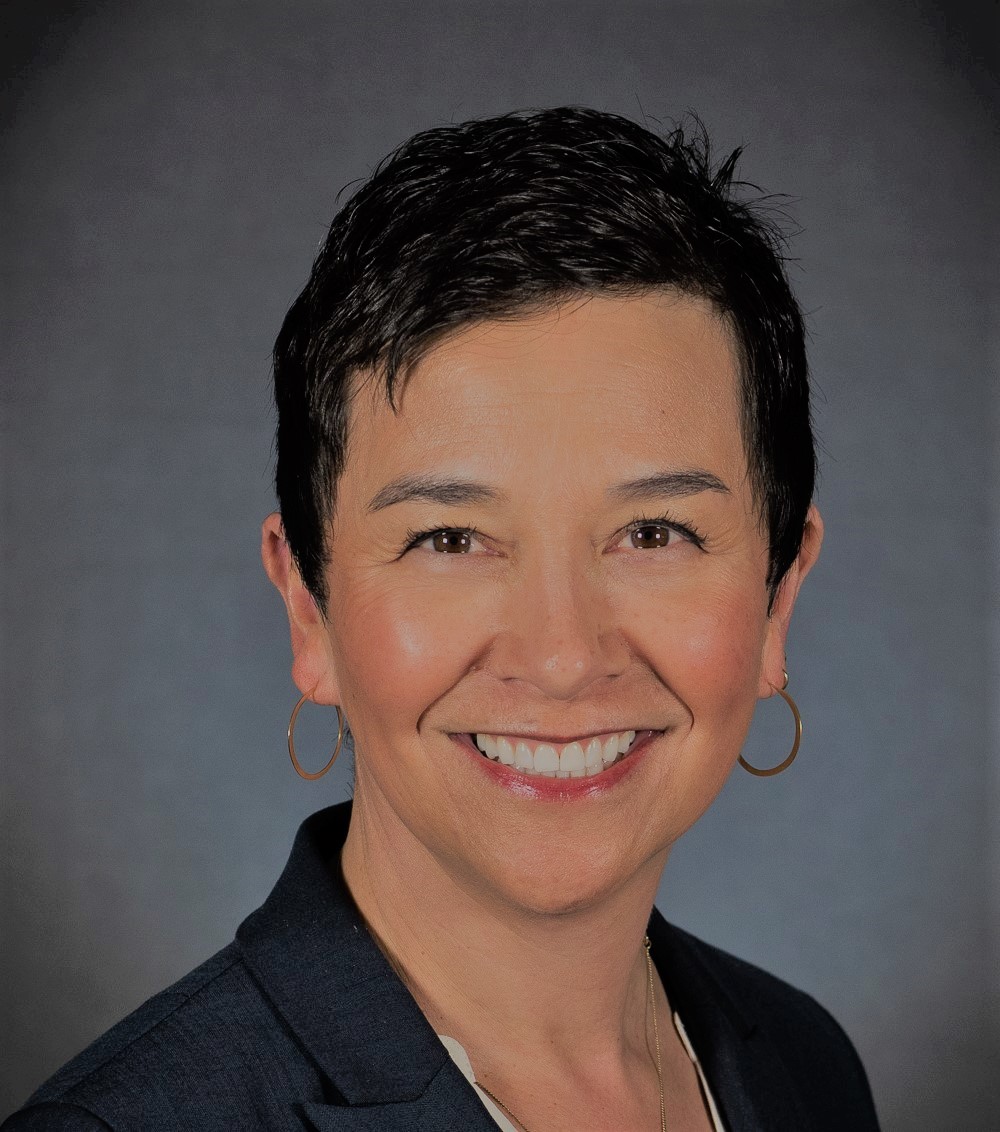
Merideth Wieland is the Assistant Vice President of Human Resources for the West Region at NFP, based in Lafayette, CA.
Here is what Merideth had to say when we asked her about best practices for public speaking:
GenHERation®: How can you craft your elevator pitch?
Merideth Wieland: When it comes to an elevator pitch, the main thing is to think about what you are trying to accomplish. Think of why you need an elevator pitch to begin with. Are you networking, interviewing for a job, fundraising? All elevator pitches should have a goal. If you are working for a nonprofit, you might use an elevator pitch to ask for donations. Or, if you are looking for a new job, you might use your elevator pitch to explain why you would be a good fit for a particular company. Really use your elevator pitch to explain who you are and what you do. Start with a hook, keep it engaging, and clearly articulate why what you have to say is compelling. An elevator pitch is only a brief conversation that serves as an introduction between you and someone else. You want your elevator pitch to be the beginning of a bigger conversation, so you should end it with an open-ended question (How can we keep in touch, so I can learn more about your work?) and exchange business cards.
GenHERation®: What are three steps you can take to prepare for a presentation?
Wieland: First, overprepare. Do your research, write your speech, and practice. Get yourself to the point where all of your preparation will be more than enough. I am a big proponent of prepare for the worst and hope for the best. In most situations that has served me well in the sense that presentations have been much easier because I mentally prepared for all of the possible contingencies. Second, be aware of your technology. If you have to give a presentation at a location where you have never been before, make sure you know what the tech setup looks like. Is there a microphone? Is there a projector? Do I need a USB flash drive? Should I bring my laptop? Are there Mac or PC capabilities? Third, take care of yourself. Get enough sleep the night before your presentation. On the day of your presentation, avoid having too much caffeine and have the right kind of meal. If you eat breakfast, eat breakfast; however, if you always have a light breakfast, don’t eat a big breakfast now! Don’t do anything that you normally wouldn’t do.
GenHERation®: What is the best way to connect with an audience?
Wieland: Eye contact and having a sense of humor. You don’t have to give a standup comedy special, but show some lightheartedness. Occasionally, when you catch someone’s eye, give them a smile. This will make you more engaging. When you connect with your audience and have a sense of humor, you open yourself up to the audience, which shows that you are human and approachable.
GenHERation®: How does body language play a role in public speaking?
Wieland: Body language and, literally, your appearance—hair, clothing, jewelry—can make or break your presentation. If you have some nervous habit, such as cracking your knuckles, or are wearing very distracting jewelry, people will pay attention to those things instead of what you are verbally communicating. If you watch TED Talks, the most effective speakers are usually dressed in a non-distracting way. Presentations are not about the outfit.
GenHERation®: When you are in a team meeting, how can you make sure your voice is heard?
Wieland: Don’t be afraid to speak up. As women, we tend to raise our hand and wait to be called on. Men typically just start talking. Sometimes there are ground rules for discussion—if you are in school, it is likely your professor prefers you raise your hand. However, if you are in a setting where speaking up when you have an opinion is the norm, just do it! Don’t shout, but speak in a voice that is loud enough to be heard. If you take the opportunity to make yourself heard, be articulate. Don’t mumble and avoid upspeak. Also, make sure that you have credibility. Can you back up what you are saying with facts and evidence? Do you have the experience to comment on a particular topic? While I encourage you to use your voice, you want to do so when you can add value.
GenHERation®: What are two tips for being an effective public speaker?
Wieland: First, remember that you are there for a reason. You know your topic. If someone asks you to speak about a topic, it’s because you know about it. Embrace your knowledge and expertise. Have confidence. Relatedly, don’t be afraid of people asking you questions that you don’t know the answers to. Usually, people ask questions in relation to what you spoke about—your expertise. If someone happens to ask you a question you don’t know the answer to, employ one of these strategies. Say, “I never thought about that before, let’s open it up to the audience,” or “Can you give me your thoughts or share some background, so I can get a better understanding of your question?” Second, find friendly faces in the audience. When I am public speaking, I try to look for a few people who nod when I make a statement. This shows that they are engaged, so I capitalize on this. I make eye contact and speak directly to them. This makes a presentation or speech seem more like a conversation with five people and not 100.
GenHERation®: Are there any emotions or soft skills you should harness when communicating with others?
Wieland: We have all heard about active listening. That is one thing we can always be reminded about. Really listen to what someone is saying and engage them in the conversation. If someone isn’t saying much you can prompt them to by saying, “I want to make sure I am making sense, can you please tell me what I just said.” The other component of active listening is that it requires empathy. You can’t genuinely hear someone unless you put yourself in their shoes or find a commonality. The last thing to remember when communicating with others is to have humility. Sometimes we pretend that we know exactly what someone is talking about when we actually have no idea. If you are struggling to understand what someone is saying, admit it. Ask for more background, context, or information. This will equip you to have an enlightened conversation.
GenHERation®: What is the most important takeaway you have when it comes to public speaking?
Wieland: Enjoy it! Smile. Demonstrate you are enjoying it. If it clearly looks like you don’t want to be there, no one will want to listen to you. Get people excited about what you have to share. When you have good energy, the audience will reciprocate.
Merideth is the Assistant Vice President of Human Resources for the West Region at NFP, based in Pleasant Hill, CA. Since 2015, she has been an HR Business partner with West Region and Platform leadership. Merideth’s career began on the business management side of insurance and evolved toward human resources. She has hands-on, practical experience as both an HR professional and a leader which gives her valuable perspective. Prior to working with NFP, Merideth was vice president of HR and claims consulting at Heffernan Insurance Brokers. She held claim leadership positions at Zenith Insurance and Travelers Insurance. Merideth obtained her B.A. in sociology at the University of California at Santa Barbara. She holds designations as an SPHR (Senior Professional in Human Resources), PHRca, and SHRM-SCP (Society for Human Resource Management–Senior Certified Professional).



Comments (0)